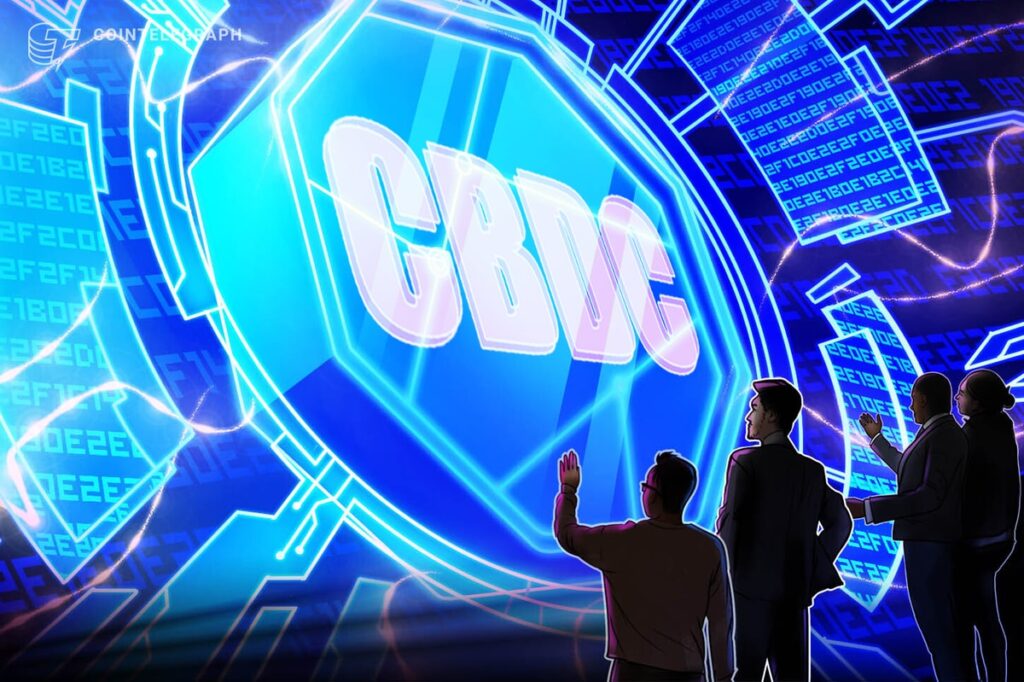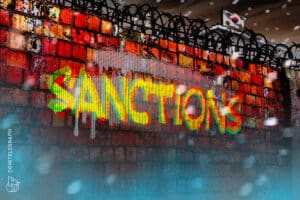Palau developed CBDC with Ripple in Phase 2 of the PSC program launch

Palau's Ministry of Finance has officially launched the second phase of the Palau Stablecoin (PSC). Jay Hunter Anson, a cybersecurity consultant and adviser to the Ministry of Finance in Palau, confirmed the second phase of the program in a December 15 post on X (formerly Twitter).
Anson said Palau intends to extend its partnership with Ripple in phase two, which will allow the PSC team to leverage Ripple's central bank digital currency (CBDC) platform and technical expertise.
PSC uses Ripple's XRP Ledger, a digital currency pegged to the United States dollar.
Additionally, Anson highlighted that the focus of the second phase of the PSC pilot program will create new collaborations on markets and the Sustainable Development Goals. Chapter Two of the PSC program prioritizes digital ecosystem development and maximizing user engagement, emphasizing regulatory compliance.
Yesterday, the Ministry of Finance of the Republic of Palau officially launched Phase 2 of the Palau #Stablecoin (PSC) program with a 1:1 exchange rate against US dollars. Republic of Palau Ministry of #Finance seeks to expand reach and user engagement, to reach a wider… pic.twitter.com/FUt7mM8CLr
— Jay Hunter Anson (@JHX_1138) December 15, 2023
Anthony Welfare, CBC Strategic Advisor at Ripple, shares his thoughts on the launch of Phase Two of the PSC pilot program.
Welfare emphasized the benefits of a blockchain-based digital currency, citing benefits such as reduced transaction fees and its potential to address the environmental impact of money laundering.
The Ripple consultant pointed to unique challenges, such as the complexity of moving traditional currencies across Palau's 340 islands. Moreover, he pointed out that the cost of mobile data is high in the country.
Related: Ripple releases white paper on CBDCs, reiterates confidence in their potential
Welfare mentions that the blockchain-based digital currency will allow Palau residents to conduct offline transactions even during power outages.
Palau's Ministry of Finance announced the successful completion of the first phase of the PSC program on December 7. The first phase lasted three months and involved 168 volunteers from government employees.
The selected volunteers received 100 PSC each to use at local retailers participating in the program. Participants made payments through their mobile phones by scanning a QR code. Participating retailers and volunteers commented positively on their experience with digital currency.
Magazine: Legislators' fear and skepticism fuel proposed crypto regulations in the US.













